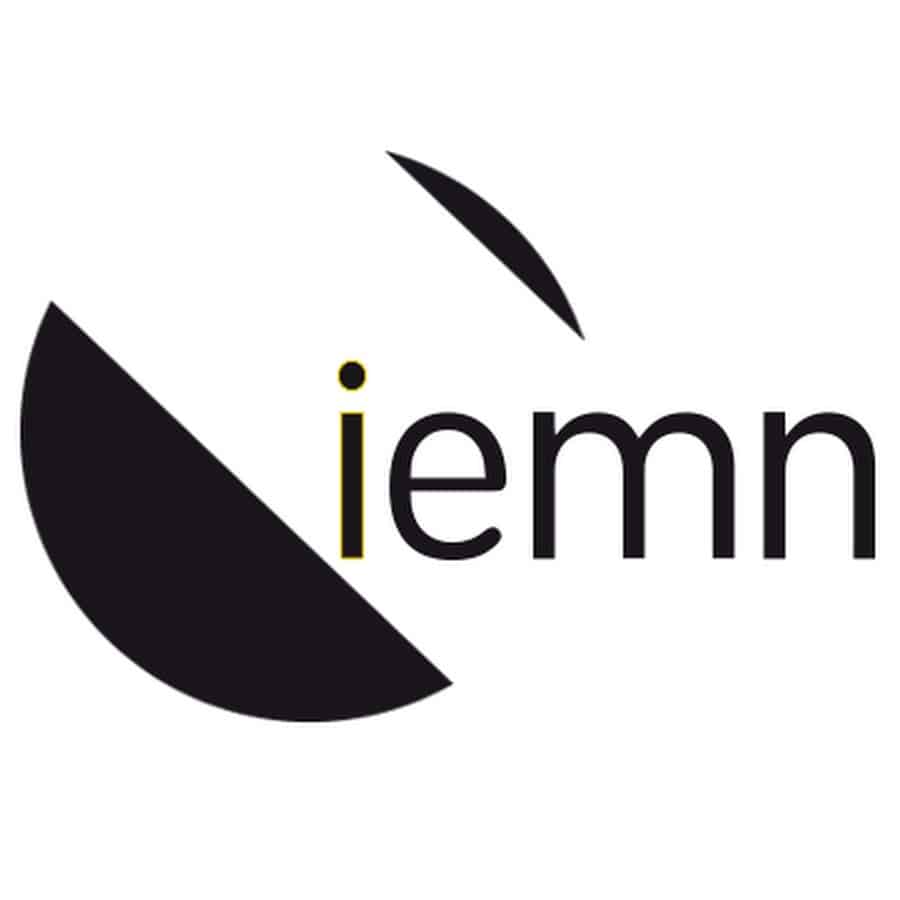Mechanical and functional characterisation of a 3D porous biomimetic extracellular matrix to study insulin secretion from pancreatic β-cell lines
Résumé
Background
Extracellular matrix (ECM) is a three-dimensional (3D) structure found around cells in the tissues of many organisms. It is composed mainly of fibrous proteins, such as collagen and elastin, and adhesive glycoproteins, such as fibronectin and laminin—as well as proteoglycans, such as hyaluronic acid. The ECM performs several essential functions, including structural support of tissues, regulation of cell communication, adhesion, migration, and differentiation by providing biochemical and biomechanical cues to the cells. Pancreatic β-cells have been previously shown to be responsive to the surrounding mechanical stress, impacting their insulin-secreting function.
Purpose
We aimed to derive a physiologically relevant in vitro model of pancreatic tissue by using an innovative synthesised porous ECM that mimics the native tissue microenvironment and mechanical properties.
Methods
Here we performed mechanical, physico-chemical and functional characterisation of a synthetic hydrogel ECM, composed of hyaluronic acid cross-linked with collagen types I and VI and modified with fibronectin. The hydrogel was used as a 3D cell culture scaffold for the MIN6 insulinoma cell line. Cell proliferation, viability, gene expression, and insulin secretion in response to glucose stimulus were assessed and contrasted with classic monolayer culture.
Results
The biomaterial exhibited a shear modulus of 815.37 kPa and a distinctive viscoelastic response. MIN6 cells showed a higher proliferation and viability rates and maintained insulin secretion in response to glucose stimulus and β-cell identity gene expression when cultured in the 3D hydrogel compared to monolayer culture.
Conclusion
Our study demonstrated the potential of this biomimetic hydrogel scaffold as an innovative matrix enabling better in vitro models to study disease physiopathology.
| Origine | Fichiers éditeurs autorisés sur une archive ouverte |
|---|---|
| licence |




